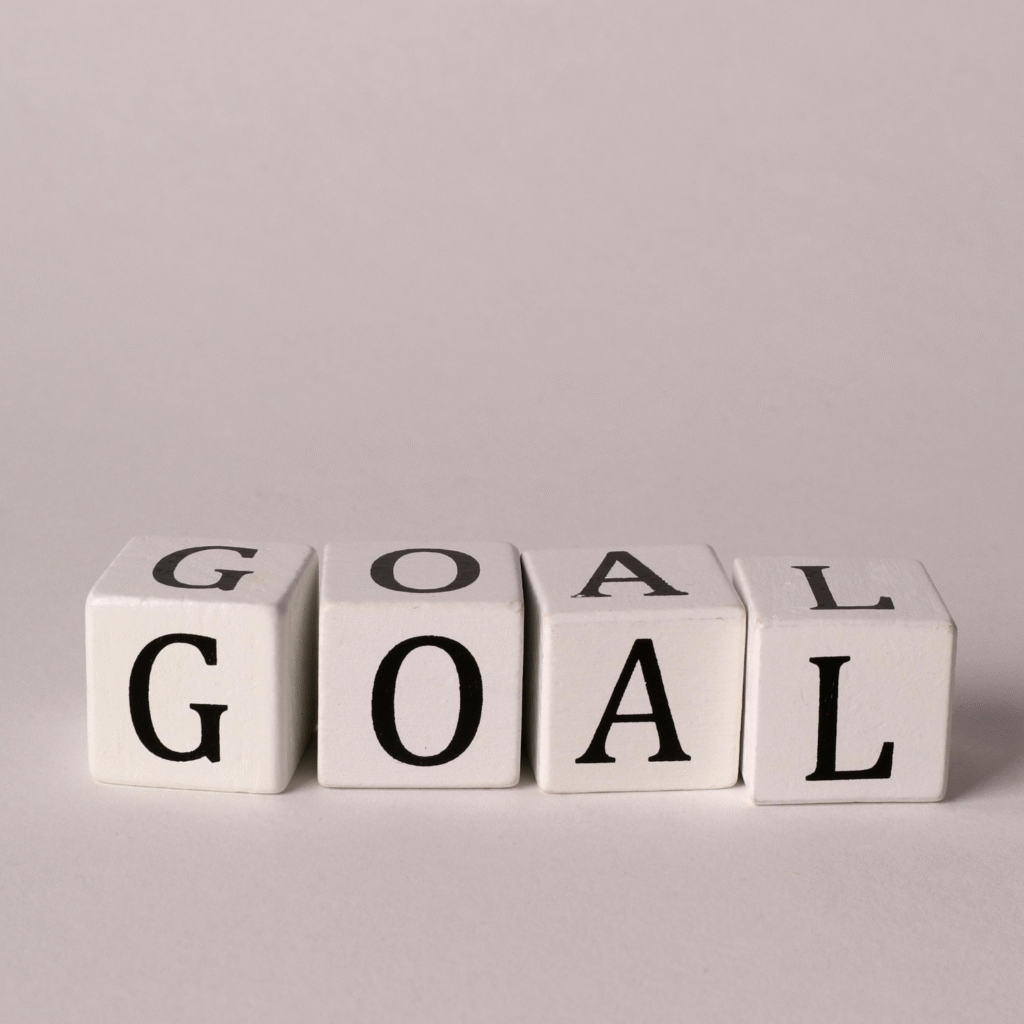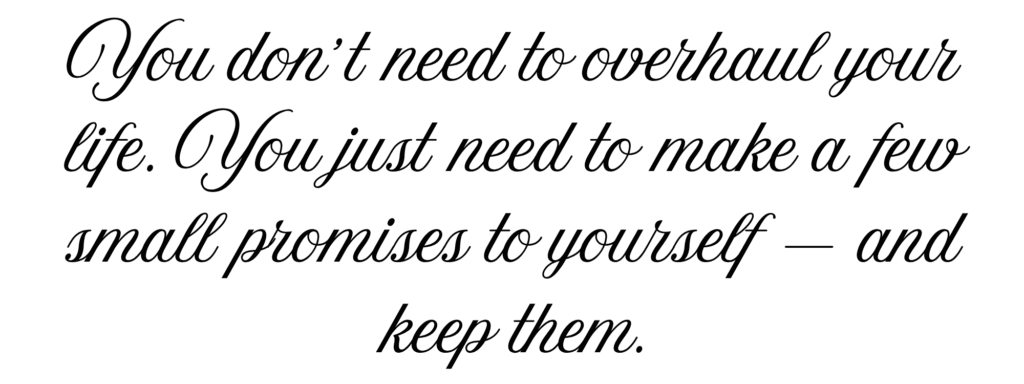
We often imagine transformation as something big — a grand, life-altering event or a bold leap of faith. But the truth is, real change doesn’t usually come with fireworks. It comes quietly, through small decisions made consistently over time. This is the often-overlooked power of habits.
Whether you’re trying to become healthier, more focused, more successful, or simply more at peace with yourself, the habits you build will determine the outcome.
Not your motivation. Not your goals. But your habits.
Let’s dive into why these tiny routines matter more than you think — and how you can use them to reshape your life.
Why Habits Matter More Than Motivation
We’ve all felt the surge of motivation at the beginning of something new. Maybe it’s January 1st, or Monday morning, or a random afternoon where we suddenly feel inspired to change everything.
The problem? Motivation is fleeting. It burns hot and bright — but it doesn’t last.
Habits, on the other hand, don’t rely on how you feel. They become automatic over time. You brush your teeth even when you don’t feel like it. You take the same route to work every day without thinking. That’s the power of the brain’s autopilot mode — and it can work for you or against you.
The secret lies in consciously choosing the habits you let into your life.
Small Is Powerful (And Sustainable)

Most people fail to stick to new habits because they start too big.
- “I’ll work out for an hour every day.”
- “I’ll never eat sugar again.”
- “I’ll wake up at 5 a.m. from now on.”
Ambition is admirable, but sustainable change comes from small shifts. Author James Clear, in his book Atomic Habits, writes, “You do not rise to the level of your goals. You fall to the level of your systems.”
The magic is in starting small.
Instead of reading for an hour a day, start with 5 minutes.
Instead of meditating for 20 minutes, start with 2.
Instead of revamping your entire morning routine, start by just making your bed.
Small habits are easier to begin, harder to resist, and less likely to trigger burnout. And over time, they stack.
The Compound Effect of Tiny Changes
Think of habits like compounding interest.
If you improve 1% every day, it might not feel like much. But a 1% improvement compounded over a year is nearly 37 times better. That’s exponential growth.
The same goes for bad habits — a 1% decline each day doesn’t feel like a big deal… until suddenly, you’re in a place you don’t want to be.
Here’s the hard truth: you’re always becoming someone. The question is — who?
Your daily actions are casting votes for the person you will become. A walk today is a vote for a healthier you. A kind word is a vote for a more grounded, compassionate you. Every time you show up — even in small ways — you’re choosing your future self.
How to Build a Habit That Lasts
Now that we’ve explored why small habits matter, let’s talk about how to build them.
1. Start Ridiculously Small

The easier it is, the more likely you’ll stick to it. Want to journal every day? Just write one sentence. Want to drink more water? Start with one glass in the morning. Your job is not to prove how disciplined you are. Your job is to show up consistently.
2. Anchor It to Something You Already Do

This is called habit stacking. Attach your new habit to an existing one:
- After I brush my teeth, I’ll write in my journal.
- After I make coffee, I’ll stretch for one minute.
- After I shut my laptop, I’ll go for a walk.
When your habit is tied to something you already do, it becomes part of a routine — not just another item on your to-do list.
3. Make It Easy to Win

Design your environment so the habit is hard to ignore. Want to read more? Keep a book on your pillow. Want to eat healthier? Put fruit on the counter. Willpower fades, but good design lasts.
Also: celebrate small wins. Even if it feels silly. That quick mental “Yes, I did it!” helps reinforce the habit in your brain. A sense of success — even tiny — wires your brain for repetition.
4. Be Flexible, But Don’t Skip Twice

Missing a day doesn’t ruin the habit. But skipping two days in a row? That’s how a habit unravels.
If life gets in the way — and it will — give yourself grace. But commit to getting back on track the next day. Your identity is not defined by perfection, but by consistency.
Shifting Your Identity Through Habits
Perhaps the most powerful part of building habits is how they change your identity.
You stop thinking, “I’m trying to become a reader” and start believing, “I’m a reader.”
You stop saying, “I’m working on being healthy” and start thinking, “I’m someone who takes care of my body.”
Identity-based habits are sticky. When a habit reflects who you believe you are, you’re more likely to keep doing it.
So instead of setting goals like “I want to lose 10 pounds,” try thinking: “What would a healthy person do today?” Then, do that — consistently.
When You Fall Off (Because You Will)
We all stumble. We all lose momentum. That’s part of being human.
But here’s the shift: don’t let a bad day become a bad week. Don’t let a broken streak become the end of your progress. Get curious, not judgmental.
Ask:
- What triggered the slip?
- What can I adjust next time?
- What would “being kind to myself” look like now?
Forgiveness and self-compassion are part of the process. Progress isn’t linear. But every day you recommit to your habits, you’re building resilience — and strength.

A Quiet Revolution
There’s something quietly rebellious about building good habits in a world that pushes instant gratification. In a world chasing quick fixes, you are choosing a path of patience, intention, and growth.
You’re choosing to plant seeds that may not bloom immediately — but will bloom beautifully with time.
You may not see the impact of today’s habit right away. But that doesn’t mean it’s not working. Just like you don’t see the roots growing beneath the soil — your consistency is building a foundation for something strong.
Final Thoughts
Big goals are exciting. But they mean little without the small habits to support them.
So instead of waiting for the perfect moment, the perfect plan, or the perfect version of yourself — start now. Start small. And start again tomorrow.
You don’t need to overhaul your life. You just need to make a few small promises to yourself — and keep them.

Because in the end, the person you become is simply the result of the things you choose to do — again and again and again.





